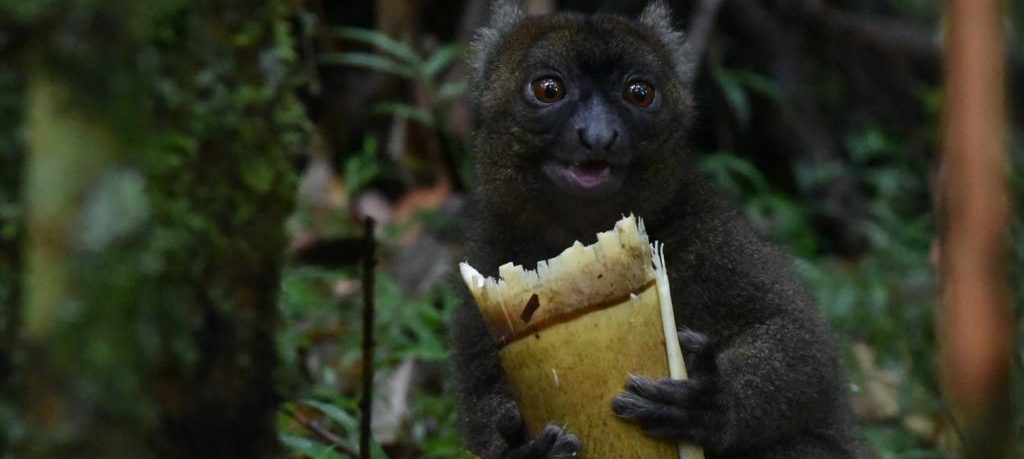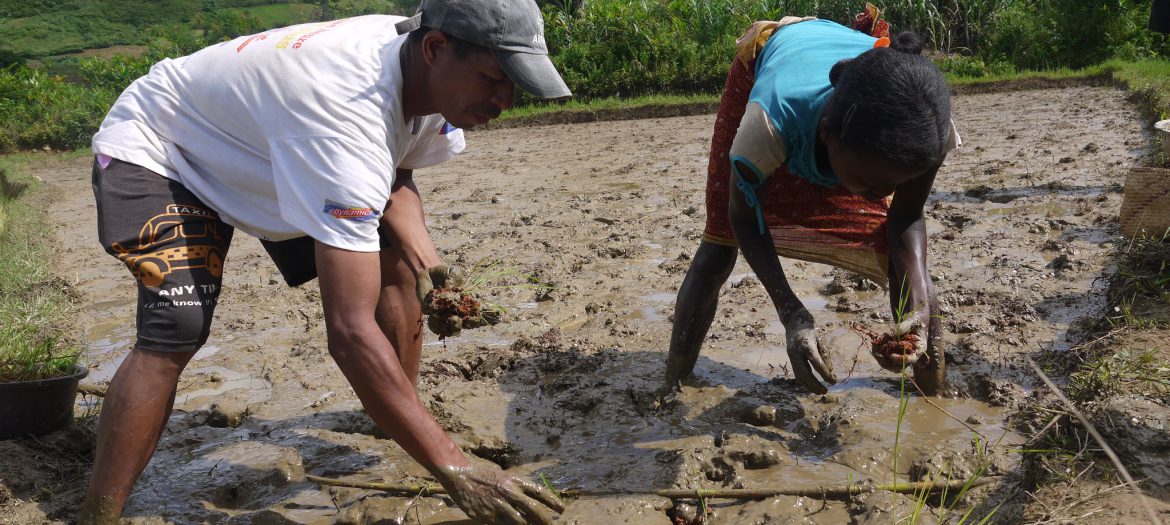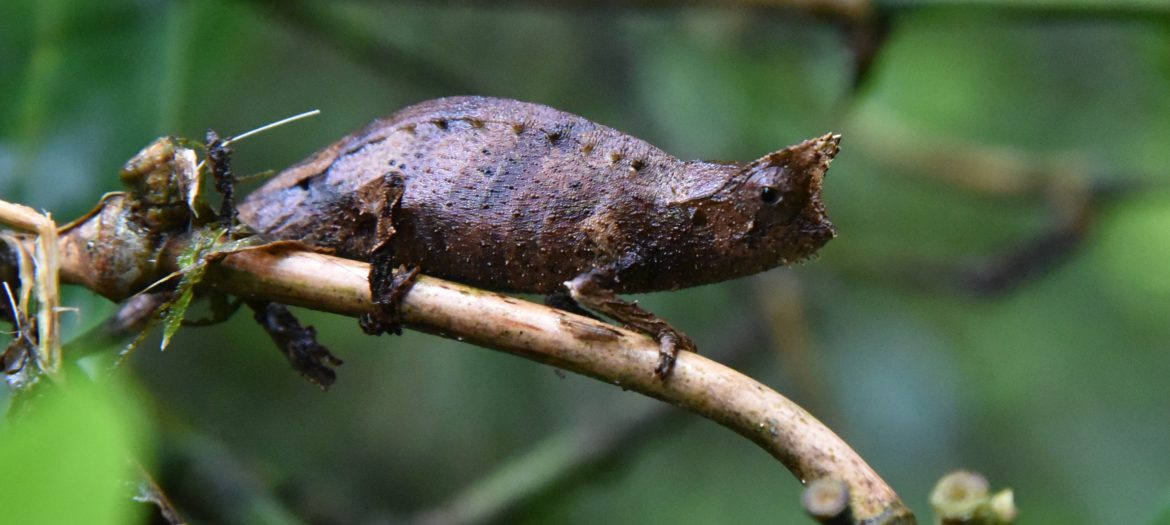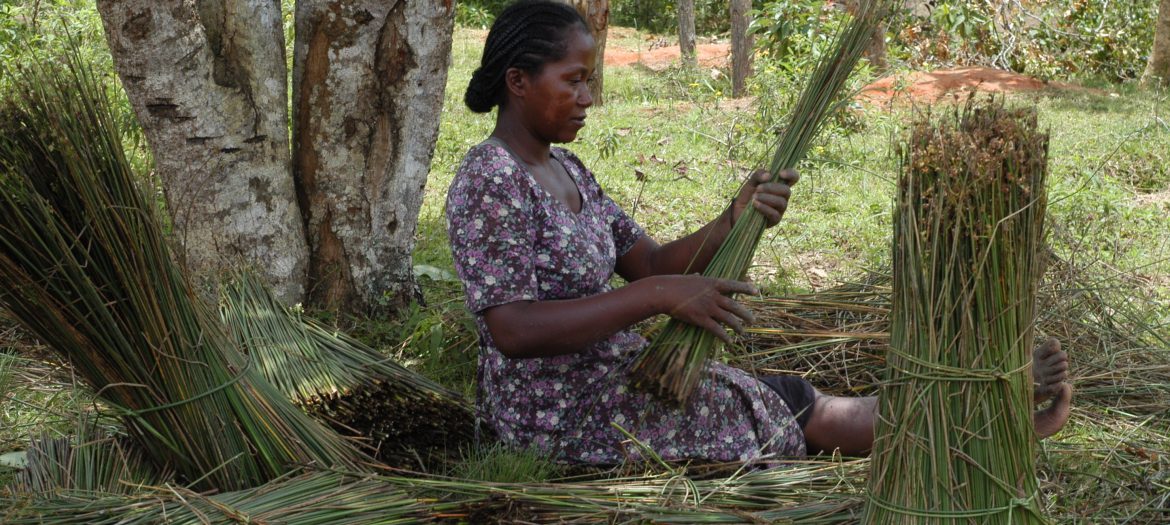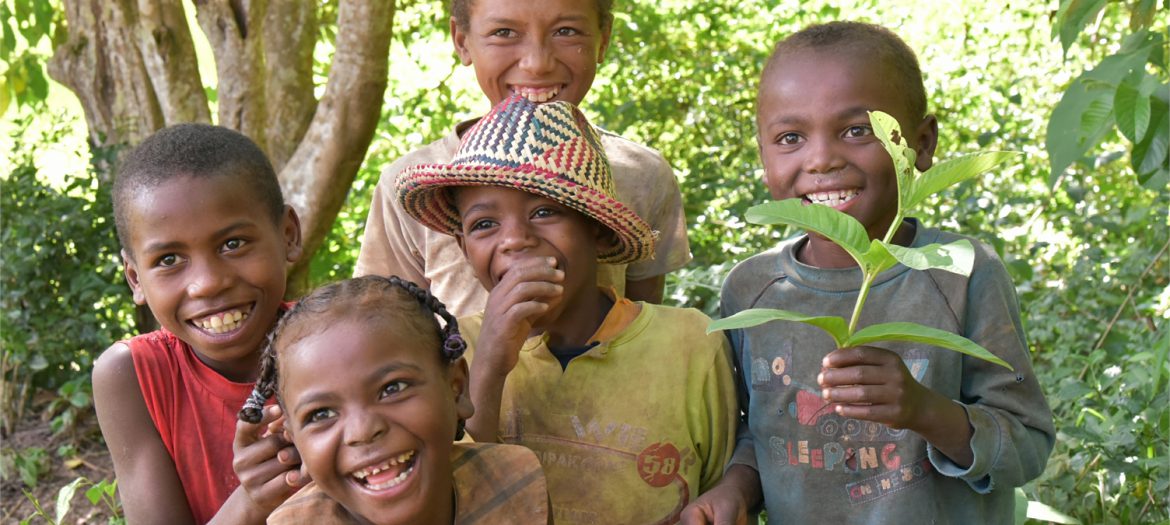In Madagascar, less than half of the population have access to basic sanitation infrastructure; therefore, majority of the people either use latrines or “defecation in the open air”. The defecation in the open maintains the vicious cycle of disease and poverty. Furthermore, the countries where the practice is most prevalent have the highest levels of infant mortality, malnutrition and poverty. Oftentimes, the rural population does not even know the cause and effect between the practice of defecation in the open and diarrhoeal diseases, which affect mainly children under 5 years.
“Amoron’i Mania Madio” (Our clean Amoron’i Mania region) is a project led by Ny Tanintsika since 2011 in consortium with FAS FJKM Ambositra and Ivom-pandrosoana. The project aims to eliminate defecation in the open air; a practice still rooted in the culture and in the Malagasy society. It targets four districts of the region Amoron’i Mania (Ambositra Ambatofinandrahana, Manandriana and Fandriana) that are affected by this problem.
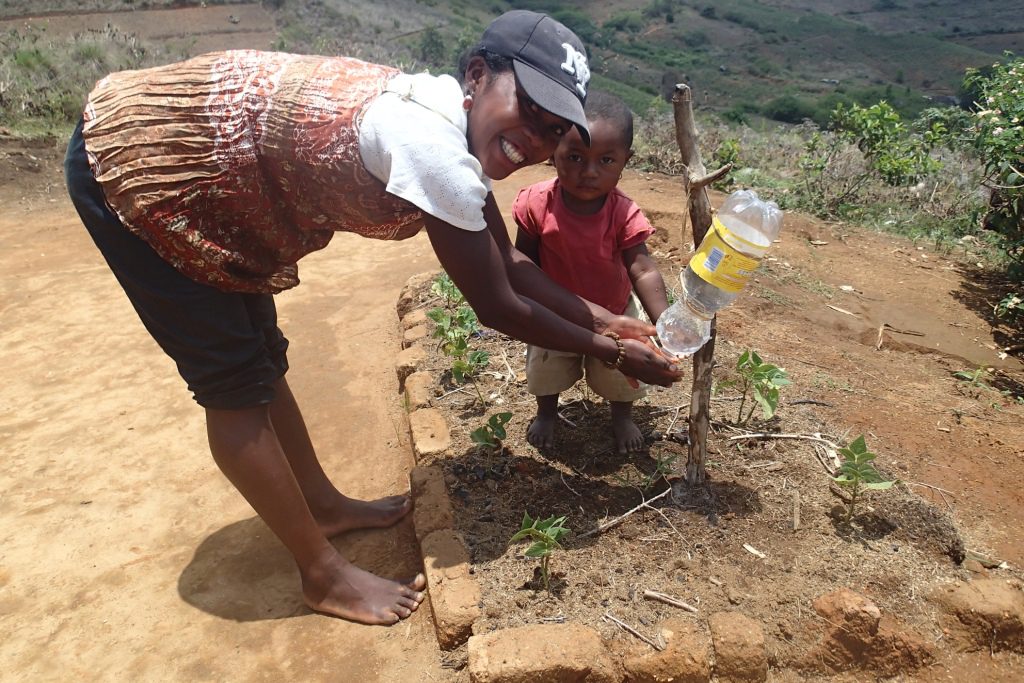
“Community-Led Total Sanitation” (CLTS) is the approach taken by the project..’/ Efforts have been made to popularise awareness tools encouraging people to change their behaviour to take their health and well-being in hand. Local governance has been established for monitoring sanitation, and local facilitators from the project beneficiary villages have been trained to ensure activities. Therefore, sensitisation from villagers are conducted to explain the consequences of defecation in the open air at the whole community, especially by confronting them with the reality of its impacts.
Following this CLTS, villages are declared ODF (Open Defecation Free) or villages without defecation in the open air but among these villages, many were unable to maintain their ODF status where the adoption of a new approach called TIC BOUM. This is to raise awareness and make sustainable village ODF. The TIC BOUM is an awareness and training event held at the Fokontany with the involvement of local authorities, including mayors and heads of Fokontany. During awareness, trainers transmit sanitation infrastructure manufacturing techniques including 4 MA slabs, tiles cemented brick, concrete slabs , the device Hand Washing ( DLM) means volume , the lid double safety, the wooden frame. No subsidy is necessary to achieve the infrastructure; All basic materials are provided by community members.
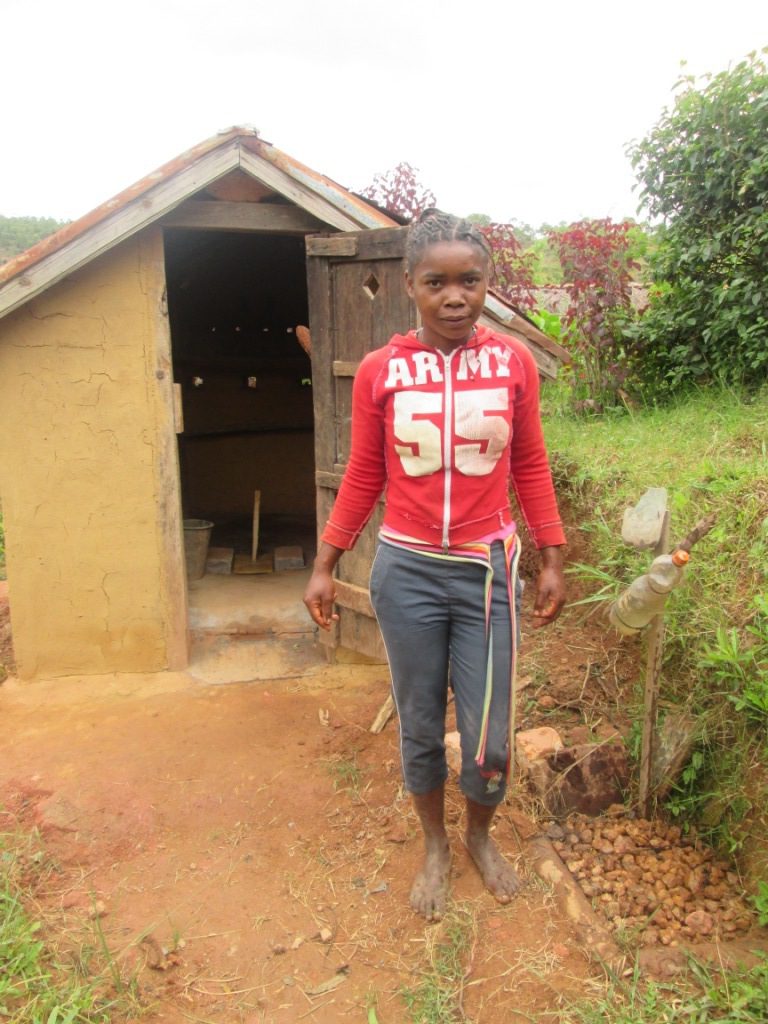
After each TIC BOUM, households build their own latrines with appropriate technologies for the sustainability of the superstructure. The slab 4MA (MAdio_MAteza_MAivana_Mavo manitona, meaning clean, durable, lightweight and yellow) is particularly used. It’s a washable slab, easy to manufacture, created from recycled plastic and in single yellow cans.
Finally, there are set up committees comprising local authorities, whose leaders Fokontany and hamlets as well as facilitators. Committees conduct the observation of behavioural changes of people in the community. They control the use of defecation areas and intermediate practices, respect the schedule of latrine construction, monitoring the execution of the activities in the community action plans and those of other institutions such as region, and follow near schools and health centres.




